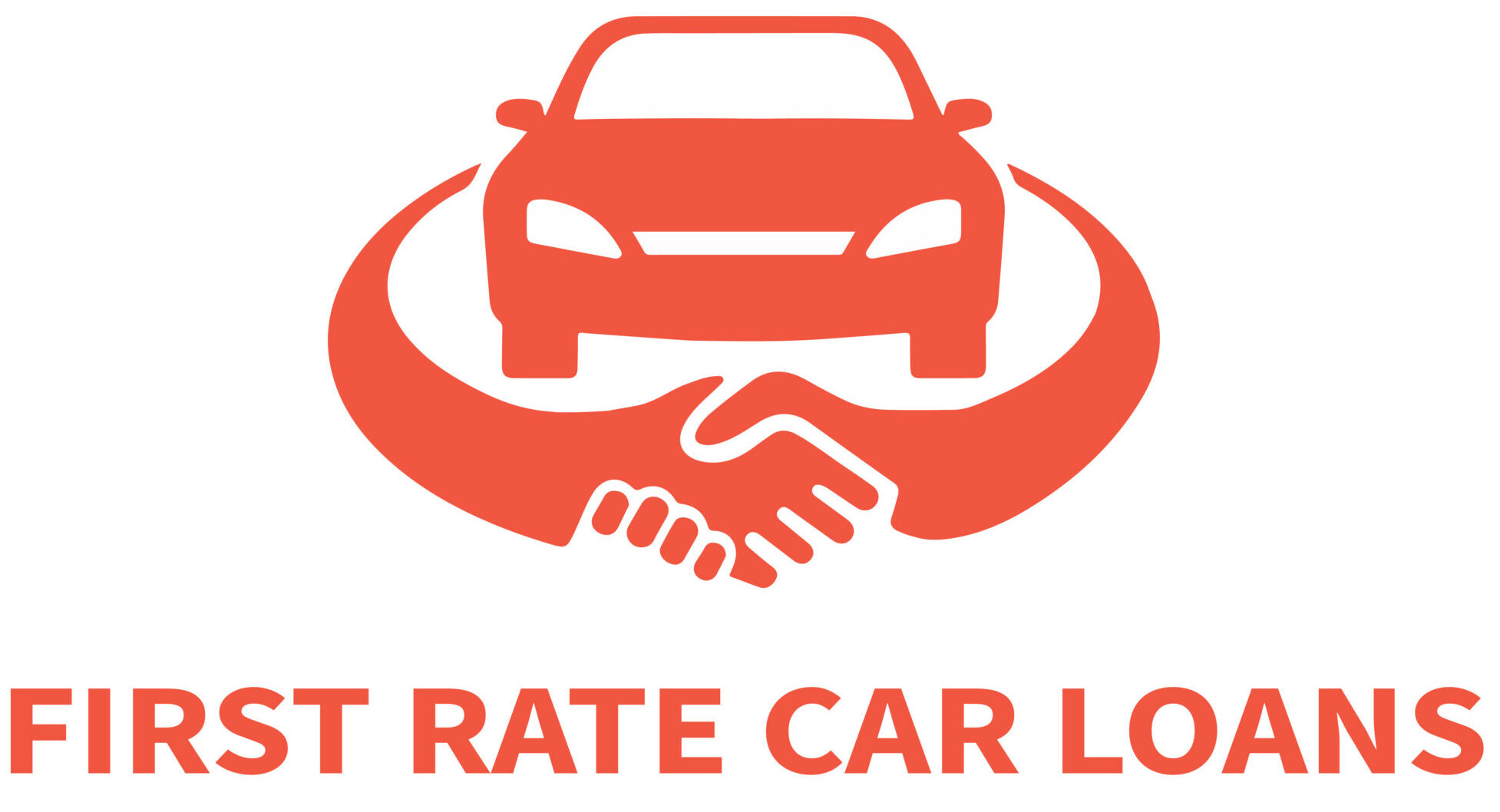You might be wondering if you should consider a reverse mortgage if you are nearing retirement age or already in it. Many people consider their home to be their most valuable asset. While tapping into your home’s value may seem like a good way to manage expenses when money is tight; however, reverse mortgage terms are not always in your best interests. There might be a better way for you to balance your finances.
It is not easy to decide if a reverse mortgage is right. The short answer is: It depends. It all depends.
What is a reverse mortgage?
Reverse mortgages are a type of loan that allows homeowners aged 62 or older to convert some of their equity into income tax-free and have no obligation to repay it while they remain in the home. The property must be yours or you will need substantial equity to repay the loan. The lender will be paid out of the sale of the property or the proceeds from the loan repayments by the borrower’s heirs.
The rules are generally that the spouse of the borrower can remain in the home if they die. However, there may be exceptions to these rules so make sure you read the fine print.
These loans are not the reverse of traditional mortgages, despite their name. The lender isn’t trying to purchase the property from your home. The lender is only lending money that is secured by your home’s equity. The reverse mortgage becomes due when the homeowner/borrower is no longer living at home or moves permanently.
There are many payment terms. Some borrowers opt for a lump-sum payment while others prefer a line or monthly payments. The infusion of cash is appealing to those who are unable to save enough for retirement or have unexpected expenses that require income.
Different types of reverse mortgages
Three types of reverse mortgages are available to homeowners. The most popular type is the HECM (home-equity conversion mortgage), but you also have the single-purpose reverse loan and the proprietary one. Let’s find out what you need to know about each.
Conversion mortgage for a home equity
The HECM insurance is federally guaranteed. It’s backed up by HUD. This HECM model is the most popular, as it has the smallest restrictions. There are no income requirements or medical requirements and there is no restriction on how the money can be used. However, it does require that your home be your primary residence. The following terms are also used:
The highest upfront fees are often the most expensive overall.
Before you can close, counseling is necessary (MMI provides this counseling).
You have a range of payment options.
You can access your credit line whenever you like
Optional term option that provides monthly cash advances for a specified period.
Tenure option that pays monthly for the life of your home. It is important to consider your health and ability to stay in the home, rather than an assisted living or memory-care facility.
You must be at least 62 years old and own the home or have paid a substantial portion of the mortgage. Federal debt cannot be delinquent. HUD sets an annual limit on HECM borrowing. It’s $1,089.300 for 2023. This may sound appealing, but there are other terms. It’s why you should thoroughly explore the details before making a decision about whether it’s a good option for your needs.
Reverse mortgage with a proprietary lender
The reverse mortgage works in the same way as the HECM but has two important differences. Most people who are looking for a reverse mortgage may not need the second.
Private lenders are able to back the reverse mortgage (not the federal government).
It is usually reserved for homes with a higher appraised value (approximately $1 million).
The reverse mortgage is similar to the HECM in that it has similar payments. The lower your mortgage balance, the more you are able to borrow.
Reverse mortgage for one purpose
The reverse mortgage is not the most common. This is due to the fact that it has the most restrictions and doesn’t suit most people’s needs. It’s offered by local nonprofits and local governments, which is different from the HECM. These reverse mortgages are available in the following terms:
It tends to be the most affordable option (lower/fewer interest charges, fees, etc. ).
The proceeds are severely restricted and must be used only for approved purposes by lenders, such as home repairs or the payment of outstanding property taxes.
The owner may not sell, move out or die before repayment is due. If the property is declared uninhabitable by the municipality, payment will be due immediately.
Reverse Mortgages: The Downsides
Reverse mortgages are not the best choice. Reverse mortgages can be expensive due to high-interest rates, fees for servicing, closing costs, insurance, and closing costs. These costs are included in the loan and leave you with a lower lump sum. While it is possible to repay the loan but keep your home, it is more likely that you will have to sell it. A reverse mortgage is not the best option if you want your home to remain in your family.
A reverse mortgage is a good option if you have a need for funds to help you through retirement. Before making a decision, learn more about the benefits and cons of a reverse mortgage. Make sure you understand the terms and conditions for spouses of non-borrowers.
Beware of these Scams
Be wary of people who try to convince you to get a reverse mortgage. Here are some things you shouldn’t do with the funds.
You are not allowed to pay for any other expenses than your daily living expenses. You should be wary of anyone trying to convince you to take out a reverse mortgage in order to flip your home, make home repairs, or purchase insurance.
Repaying unsecured debts such as credit card balances or using them for foreclosure.
Family members can be helped with their financial problems
Reverse mortgages are a big decision. It’s important that you consider all options before making this major decision. You may have other options to cut your expenses, such as downsizing to a smaller house or increasing your income by taking up part-time employment. To see what resources you have, take a complimentary credit counseling session from MMI if you are having trouble paying your bills.
We also offer reverse Mortgage Counseling if you are certain you want to pursue reverse mortgages. Before you commit, find out if your eligibility and learn about other options.




